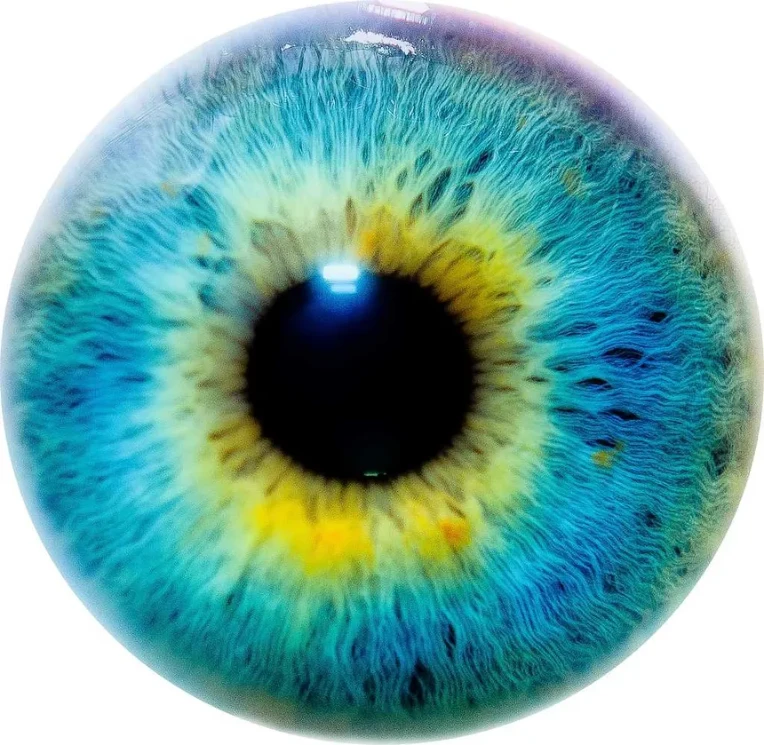
Author Comments
My first dubstep trial. Enjoy !
- The concepts of stupidity and intelligence are often viewed as opposites, yet they exist in a complex relationship that invites deeper contemplation. Intelligence is frequently defined as the capacity to acquire knowledge, reason, and solve problems. It is celebrated in society as a virtue, a trait that enables individuals to navigate the complexities of life and contribute meaningfully to the world. However, this definition raises questions about the nature of knowledge itself. What constitutes "knowledge"? Is it merely the accumulation of facts, or does it encompass wisdom—the ability to apply knowledge judiciously in varying contexts?
- On the other hand, stupidity is often dismissed as a lack of intelligence, a failure to grasp concepts or make sound judgments. Yet, one might argue that stupidity can also be seen as a form of ignorance that arises from the refusal to question one’s own beliefs and assumptions. In this light, stupidity could be perceived not just as a deficiency but as a potential source of liberation. The unexamined life, as Socrates would suggest, is not worth living; however, there is a certain freedom in ignorance that allows individuals to navigate life without the burdens of doubt and scepticism.
- Moreover, historical and cultural contexts play a significant role in shaping our understanding of intelligence and stupidity. What is considered intelligent behavior in one culture may be seen as foolish in another. This relativity challenges the notion of a universal standard for intelligence, suggesting that our judgments are often colored by social norms and values.
- In the realm of decision-making, the interplay between intelligence and stupidity becomes even more intriguing. Intelligent individuals may overthink situations, paralyzed by analysis, while those deemed "stupid" may act decisively, often achieving outcomes that the more reflective might miss. This paradox highlights the limitations of intelligence when it becomes an obstacle rather than a tool.
- Ultimately, the relationship between stupidity and intelligence invites us to reflect on our own cognitive biases and the societal structures that define these terms. It encourages a humility that recognizes the limits of our understanding and the potential wisdom found in simplicity. In a world increasingly driven by information and complexity, perhaps it is the balance between intelligence and a certain "stupid" openness to experience that leads to true understanding and fulfillment.

Credits & Info
- Listens
- 39
- Score
- Waiting for 2 more votes
- Uploaded
- Oct 2, 2024
- 12:56 PM EDT
- Genre
- Dubstep
- File Info
- Song
- 1.3 MB
- 1 min 9 sec
You might also enjoy…
Licensing Terms
You may not use this work for any purposes.